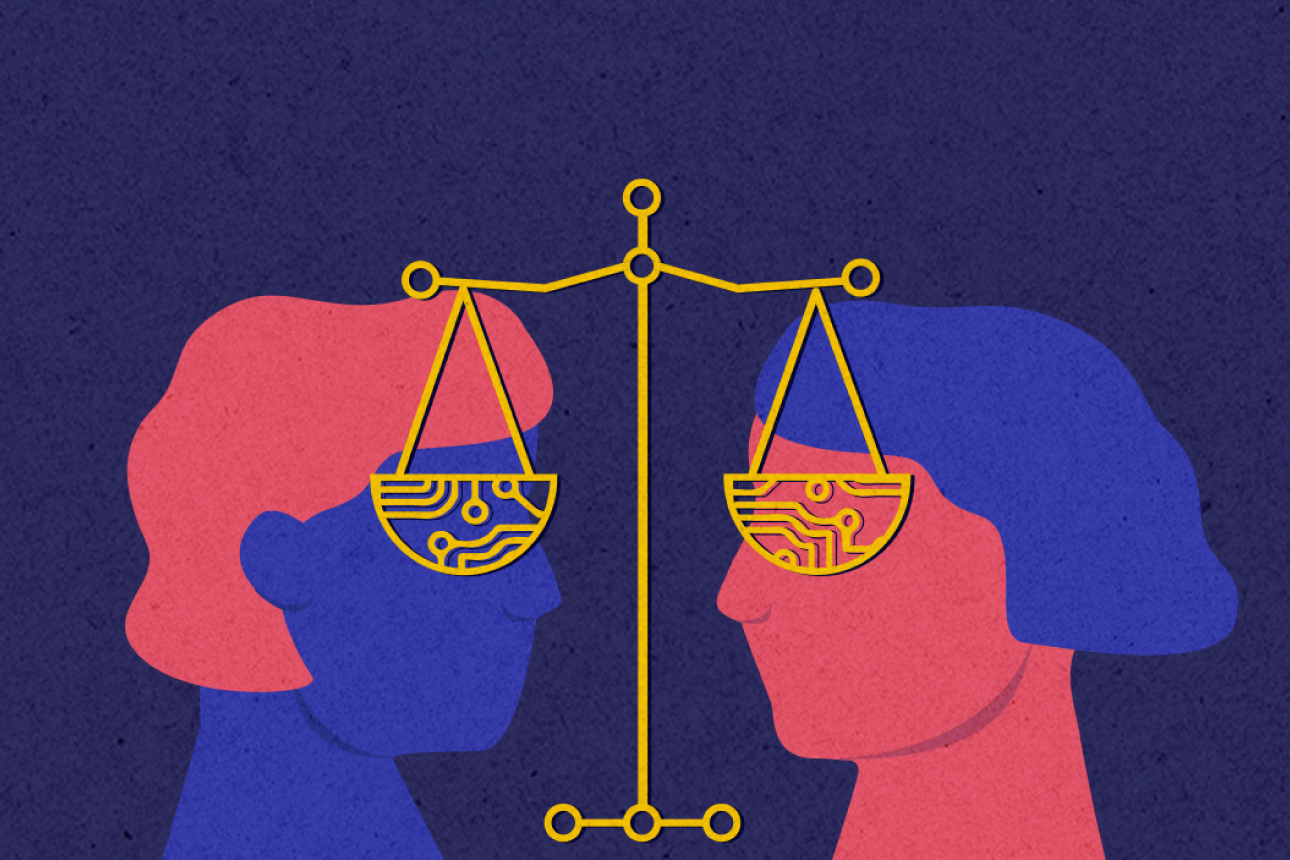A New Business Mandate for Ethical Technology
A new MIT SMR Executive Guide explores how organizations must manage and monitor technology in new ways to achieve positive ethical outcomes.
Topics
Developing an Ethical Technology Mindset
Brought to you by
Deloitte
Technology has become central to how all companies — not just tech companies — run their businesses and compete in the 21st century. At the same time, the pace of change, increased uncertainty, and the rising demand on organizations to address societal challenges have pushed the issue of ethical and trustworthy technology to the top of the executive agenda.
After years of digital acceleration and an emphasis on technology-focused roles in the C-suite, companies are learning that mantras such as “move fast and break things” can have harmful consequences for users, employees, company reputation, and society. After all, technology now plays a role in critical outcomes across society, whether it is a financial services algorithm deciding an individual’s credit approval or a clinical algorithm used in providing patient care.
On the positive side, most business leaders recognize there are ethical implications of technology, especially as transformative forms of emerging technology, such as AI and machine learning, have already begun reshaping the enterprise. In this landscape, what are the skills needed for managing and monitoring technology for positive ethical outcomes? This question is at the core of a new MIT SMR Executive Guide, “Developing an Ethical Technology Mindset.” This series will explore the ethical use of technology and offer strategies and frameworks for how companies can rethink product objectives and build technology systems that are resilient and can anticipate risk.
Previous research conducted by MIT Sloan Management Review and Deloitte found that companies at the forefront of embracing ethical technology have committed leaders who explore the unintended consequences of technology and embrace inclusive and diverse feedback from stakeholders. The series will also look at the role of leadership in shaping an ethical technology mindset. Series contributor Robert Chesnut, who pioneered ethics policies at companies such as eBay and Airbnb, explains that ethics must become part of the “language of leaders” if companies are to cultivate integrity in a meaningful way.
The series will also look at how progress in the field of ethical AI can provide a blueprint for technology-driven organizations looking to organize and involve leadership teams and boards in creating ethical frameworks. Series contributor Kay Firth-Butterfield, head of AI and machine learning for the World Economic Forum, examines how organizations can hold themselves accountable and give proper oversight to emerging technology using new toolkits.
This series will also examine the role technology plays in providing increased transparency about employee and customer data. During the pandemic, ethical issues around digital surveillance and technology made their way to the forefront as more employees worked from home and companies discovered innovative new uses of technology to enhance customer experiences.
As companies work to deliver new products and features to customers and enable more frictionless experiences for employees, they must also protect trust in their systems. The series will offer insights from new research conducted by the MIT Center for Information Systems Research on how companies can protect employee data and integrity by adopting more formalized data programs.
The series launches Sept. 20. Sign up to be reminded when new articles from the Executive Guide are published, and in the meantime, explore recent articles on ethics and managing technology in our library.
